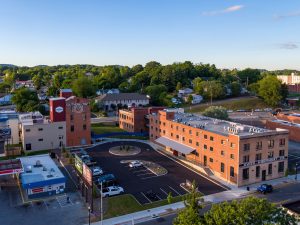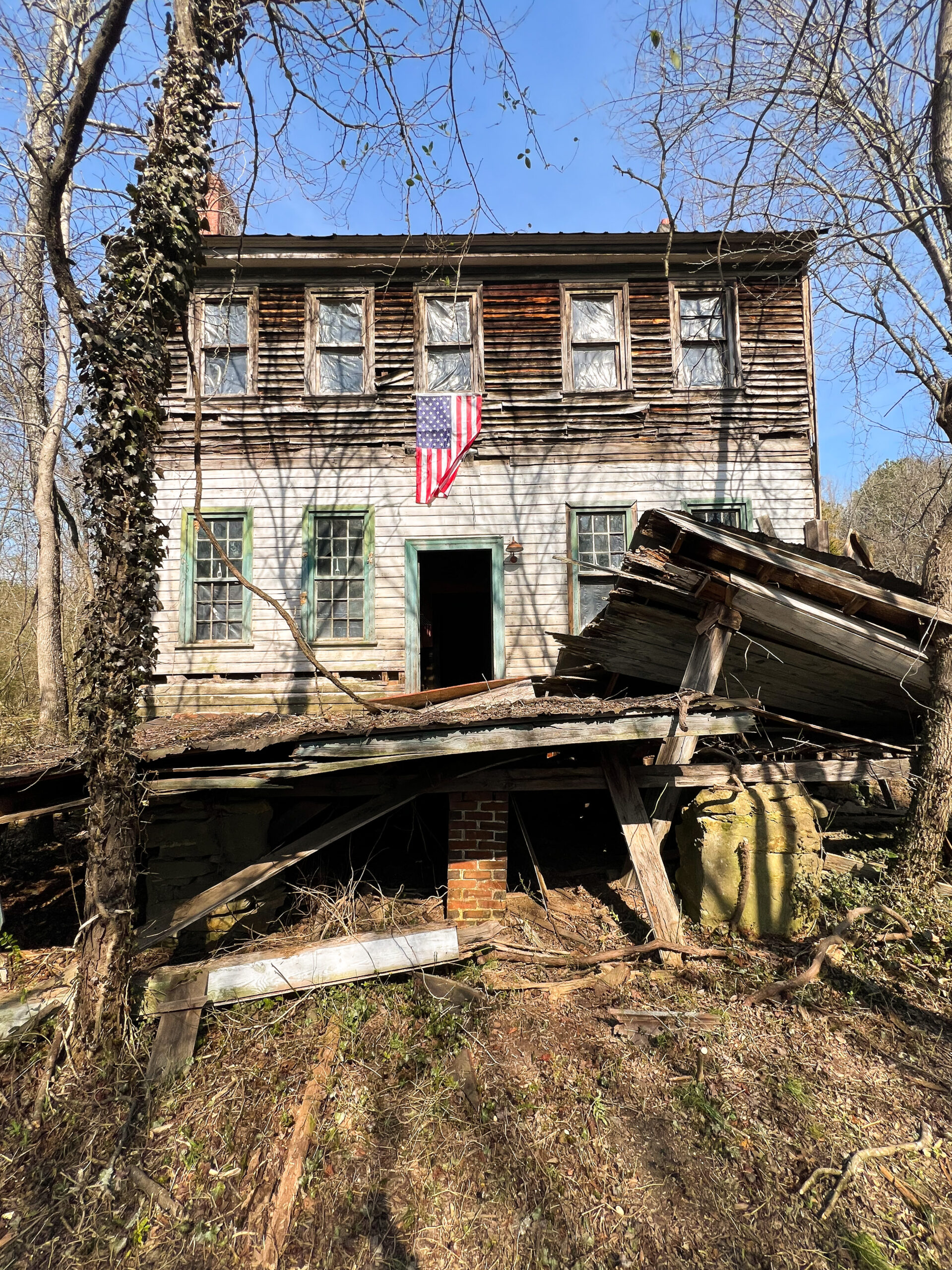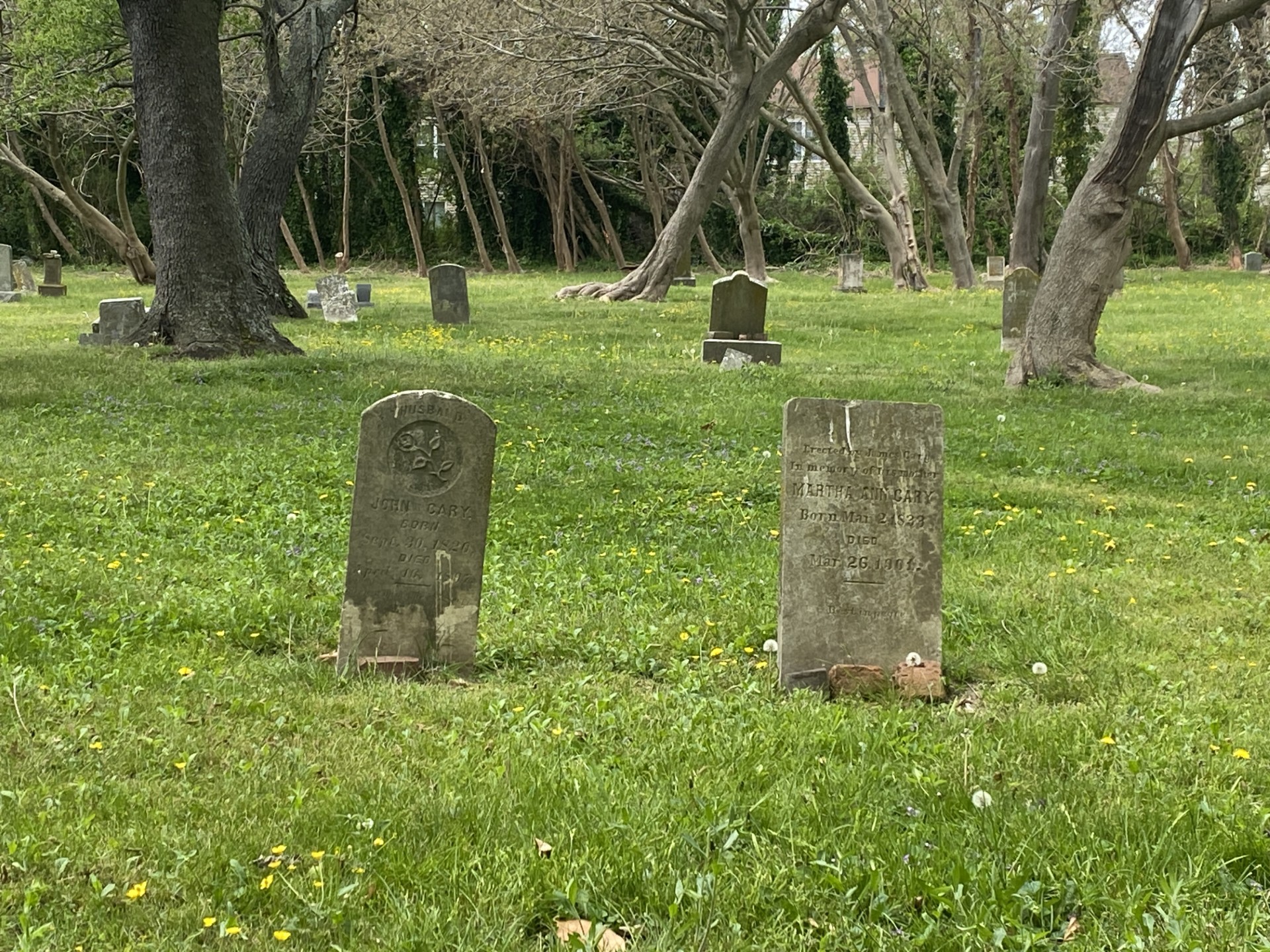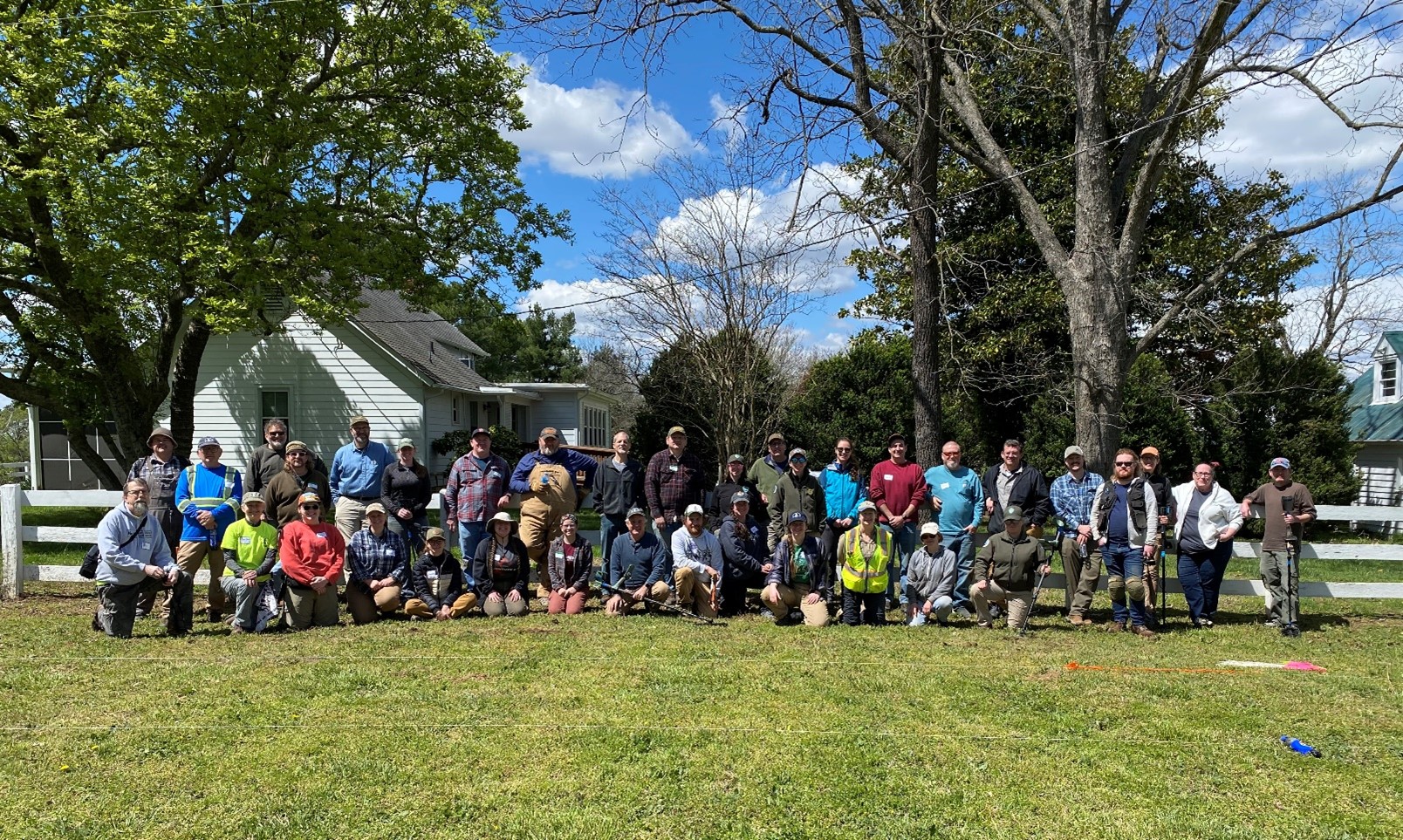Rehabilitation Tax Credits, Project Profile: Sessions Hotel, Bristol
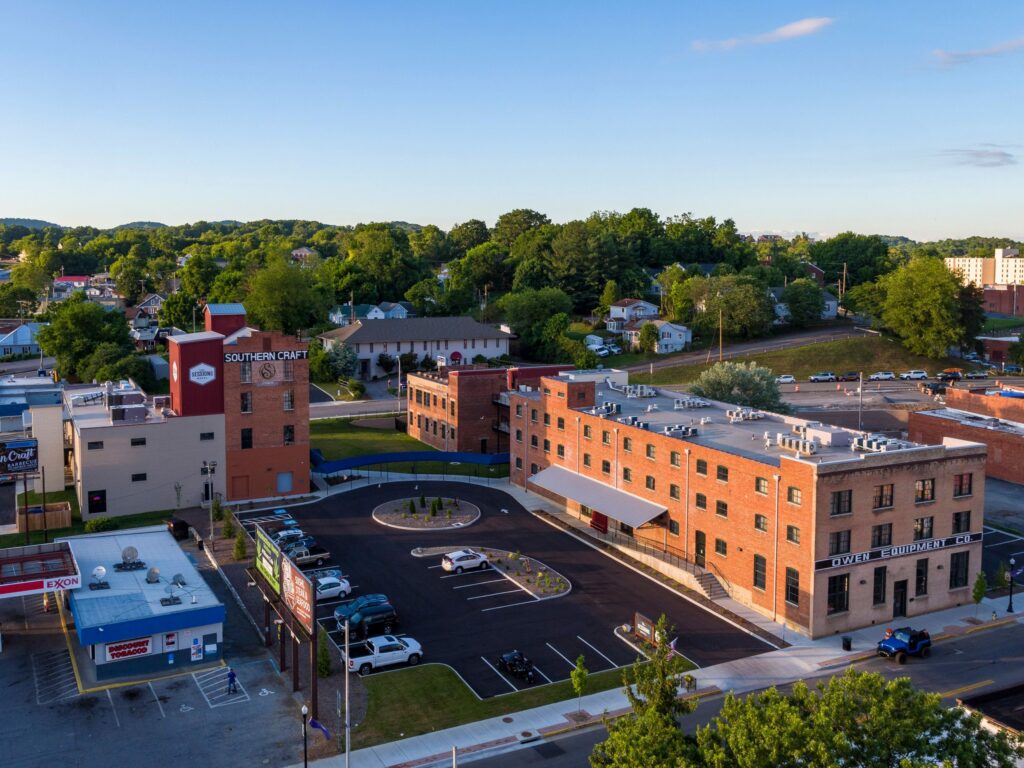
The idea behind a Bristol boutique hotel was originally conceived of around 2013 when the City of Bristol, Virginia distributed a Request for Proposals for a hotel that would re-purpose another historic building in this famous “dual-state,” country music-oriented city, where its downtown State Street straddles the Virginia-Tennessee border. Although the original property selected did not work out, the Bristol area and its robust travel market so captivated a Roanoke developer, Creative Boutique Hotels, that project proponents sought other historic buildings in the area.
Ideally, the choice buildings would be ones that could be adaptively rehabilitated as a destination for travelers visiting this beautiful and historic western region of the commonwealth. Virginia Historic Tax Credits — a state program without a counterpart in neighboring Tennessee — were a huge factor in guiding the developer and project proponents to search for suitable historic buildings on Bristol's Virginia side. Three interesting city buildings in a historically cohesive area were soon identified: The Bristol Grocery (c. 1915), the Jobbers Candy Factory (c. 1922), and the Service Mill (c. 1920).
Over the next five years, working closely with DHR, the local developers converted the buildings into the Sessions Hotel complex. The “Sessions” name honors the two weeks in the summer of 1927 when the RCA Victor Talking Machine Company of New Jersey sent Mr. Ralph Peer to Bristol to make among the earliest —and according to many scholars the most influential — recordings of the largely untapped sound called “hillbilly music” (later dubbed “country” music). Peer and his engineers set up their state-of-the-art recording equipment and recorded 76 songs by 19 musical performers including, most famously, the Carter Family of Maces, Virginia, among other Virginians. Collectively, the recordings are known as the Bristol Sessions. The warehouse in which Peer set up his makeshift recording studio is now the site of a parking lot on the city's Tennessee side. Today Bristol calls itself the “Birthplace of Country Music,” and has a venue that honors that claim, fittingly named, the Birthplace of Country Music Museum, housed in a historic building also re-purposed using Virginia's state tax credits in 2014. The Sessions Hotel builds on that musical legacy as well.
Throughout the development and rehabilitation process, project proponents prioritized retaining and celebrating the great history and wonderful stories that surrounds the Sessions Hotel complex. Displayed on the entry doors of each of the guestrooms is one of the 76 songs recorded in 1927; and the lyrics to that same song are framed as interior art in the room. The heavy timber frames, wood floors and ceilings, and solid brick structures of all three buildings are front and center to the renovated interior and exterior architecture. The giant steel wheels and milling equipment that ran the mill up until 2010 can be found throughout the property as sculpture. Microphone light fixtures, original local art, and all the shops along the famous adjacent State Street blend into a locally-focused destination.
The Sessions Hotel plans to install a center lawn outdoor music venue and stage in 2021 on the grassy area between the Jobbers and Service Mills buildings.
—Jessica Ugarte
DHR Architectural Historian, Tax Credit Supervisor,
assisted by independent consultant Hal Craddock.
Unless otherwise credited, photos are courtesy of Cornerstone Hospitality.
